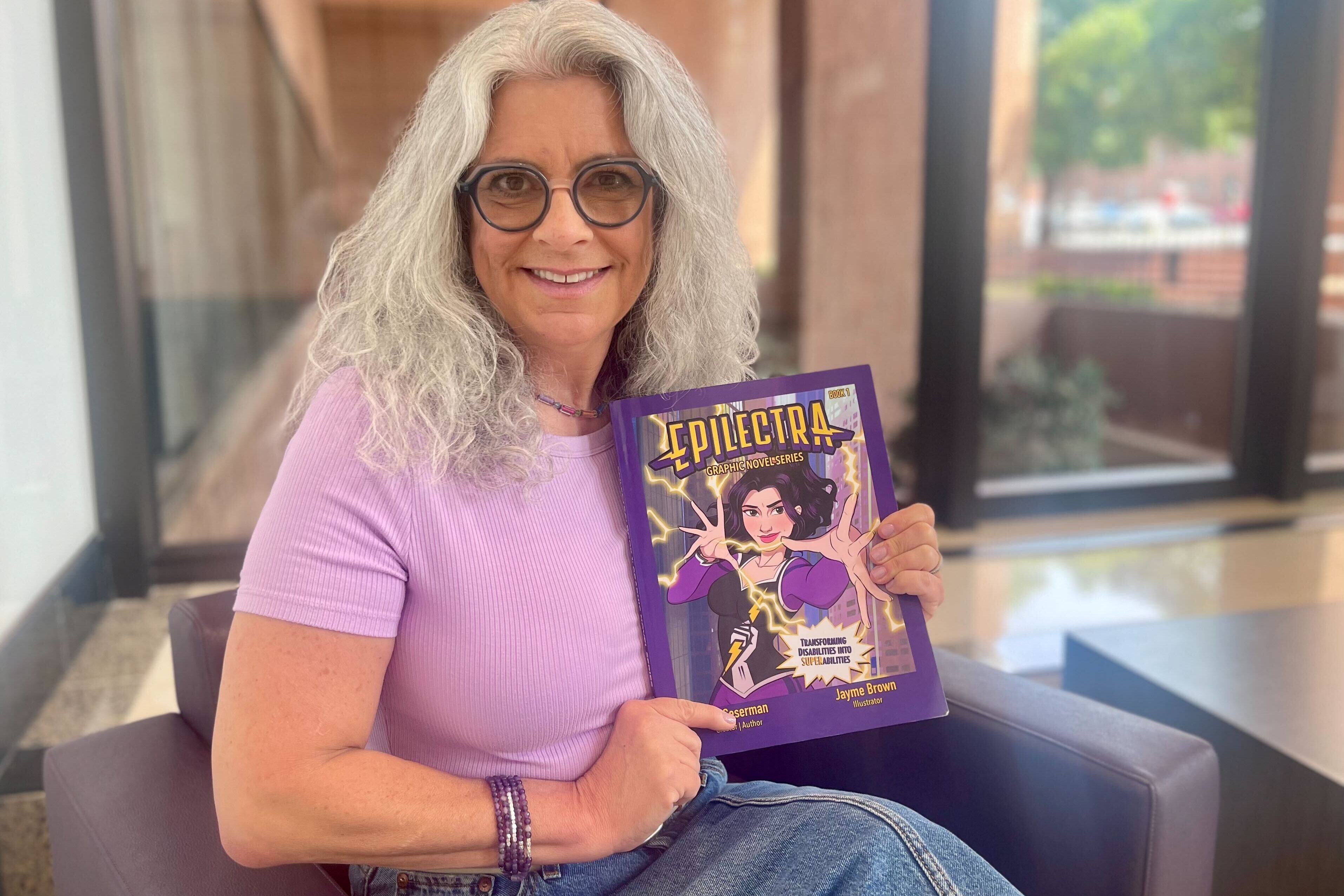Nearly a quarter of all troops who’ve served in Afghanistan or Iraq struggle with post-traumatic stress disorder. Doctors and counselors also struggle to find good treatments. But there’s a drug that some vets swear by. It’s marijuana. And here in Colorado, a groups of vets have asked the State to allow medical marijuana as an approved treatment. Colorado Public Radio’s Ben Markus reports the lack of hard science may sink their petition.
Reporter Ben Markus: Army veteran Joe Hatcher says his 13 months of service in Iraq was marked by non-stop combat.
Joe Hatcher: Rarely could a patrol go out without taking at least 1 or 2 pop shots, you know, an IED, IED contacts were constant.
Reporter: He saw horrible things that still haunt him. Fellow combatants blown to pieces and the tortured bodies of civilians.
Hatcher: Post-traumatic stress is a response to being shown extreme inhumanity.
Reporter: Back in the States, Hatcher knew something was wrong. He was on edge, he’d have violent outbursts, and the intrusive memories of war still troubled him. He turned to the VA for help -- they gave him lots of pills.
Hatcher: Seroquel, Sertraline, Prozac, they’re trying to get me to take Depakote. They’ve just put me through a complete...I’ve been on and off probably a dozen medications in 6 years that have served little to no purpose whatsoever.
Reporter: A group of Vietnam veterans introduced him to marijuana. Now he uses it daily. Here in his livingroom a marijuana pipe sits next to his morning coffee. And there’s no doubt in his mind that it helps.
Hatcher: Keeps you here in the moment, you know, not that real between thought combat state, per se, but it helps me be here. It helps nullify the memories that would otherwise be quote unquote invasive.
Reporter: Hatcher is one of about a dozen veterans petitioning the State to allow doctors to prescribe medical marijuana to treat PTSD.
But if history is a guide, their prospects don’t look good. A similar petition two years ago was rejected. In fact, no petition -- whether for parkinson's or Tourette's syndrome -- has ever been accepted. Only the medical conditions approved by voters back in 2000 are permitted -- things like severe pain, cancer and AIDS. The Department of Public Health and Environment has continually cited a lack of scientific evidence in denying new ailments.
Brian Vicente: We think the Health Department has set this bar absurdly high.
Reporter: Brian Vicente heads Sensible Colorado -- a marijuana advocacy group that has helped prepare most of the petitions.
Vicente: And in the meantime, while the government is actually blocking these studies, we’re in a very difficult position where we can’t always prove the case 110%.
Reporter: The Department of Defense has publicly called for scientists to find drugs that can help. But advocates say another federal agency, the National Institutes of Drug Abuse, has been a stumbling block -- recently rejecting a marijuana/PTSD study. The problem is marijuana is listed as a schedule 1 narcotic -- in the same class as heroin -- so getting pot for studies is difficult. Rick Doblin runs the Multidisciplinary Association for Psychedelic Studies in California which proposed the study.
Doblin: And at a time when 18 veterans a day are committing suicide, it’s a national scandal that NIDA is refusing to sell marijuana for a privately-funded study that wouldn’t cost the government a penny and would generate important information that could help save the lives of veterans who deserve the best medical care that we can give them.
Reporter: But not everyone is sold on marijuana’s effectiveness. Richard Friedman is a professor of psychiatry and an expert on PTSD treatments at Cornell Medical College in New York.
Richard Friedman: In some individuals who are prone to psychosis it can actually induce psychotic states.
Reporter: ...among other potential problems.
He says counseling and antidepressants have been proven to help the disorder. Still, Friedman says these drugs are inadequate for some, so he says marijuana may be worth a look. He doesn’t doubt vets when they say the drug helps.
Friedman: That’s very important information and should tell us that there may be something really effective here and we ought to test it.
Reporter: But without proof, it's not likely the State will approve its use for PTSD. Ron Hyman is with the Colorado Department of Public Health and Environment. He says they set a high bar for allowing treatment with medical marijuana for a reason.
Hyman: This is a medical marijuana program placed in Public Health, we feel that we have an obligation to protect the health of the public, it’s in our name.
Reporter: The veteran’s petition is now in the hands of the state’s Chief Medical Officer who has until September to either deny the petition or start a series of public hearings on its potential approval.
[Photo: CPR News]









